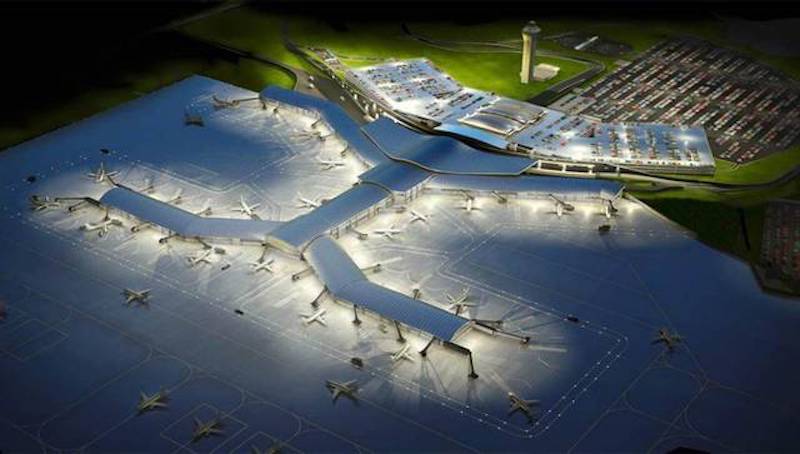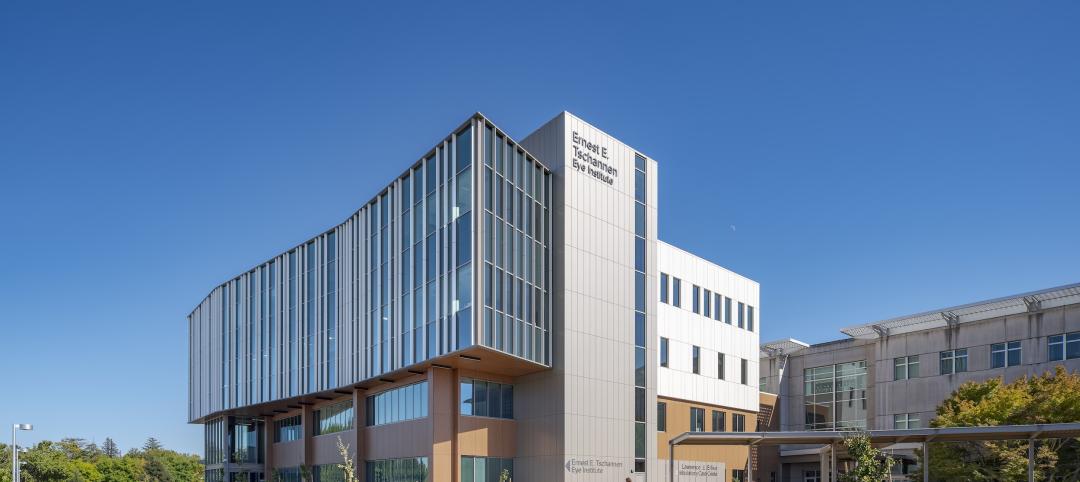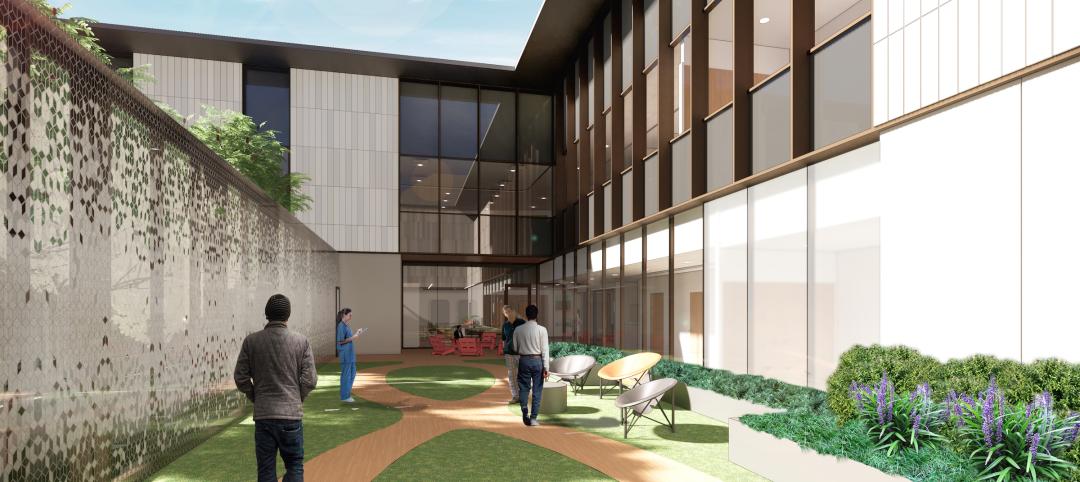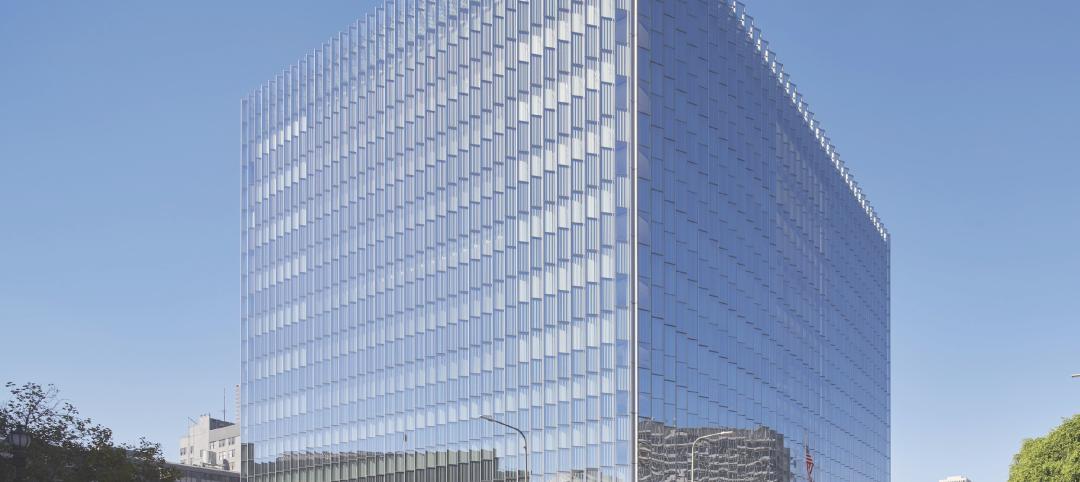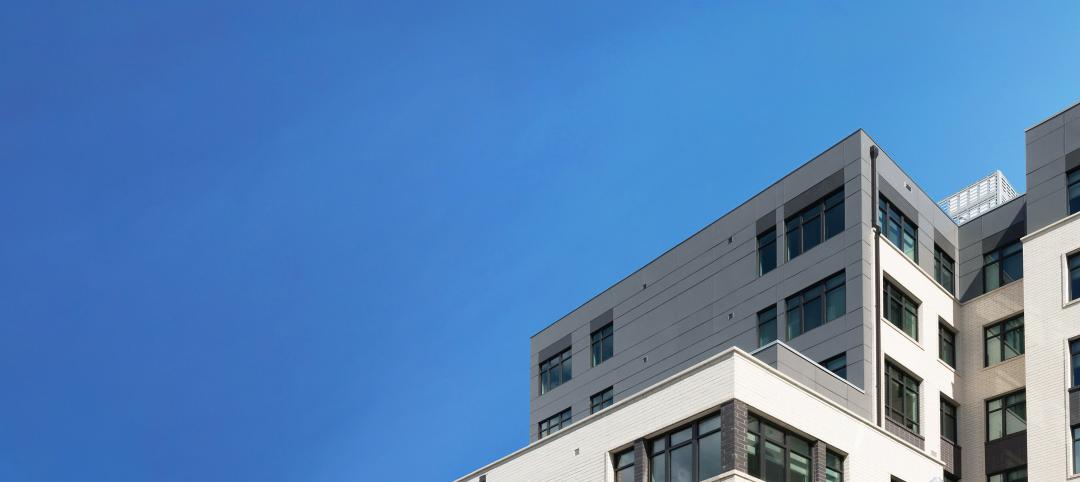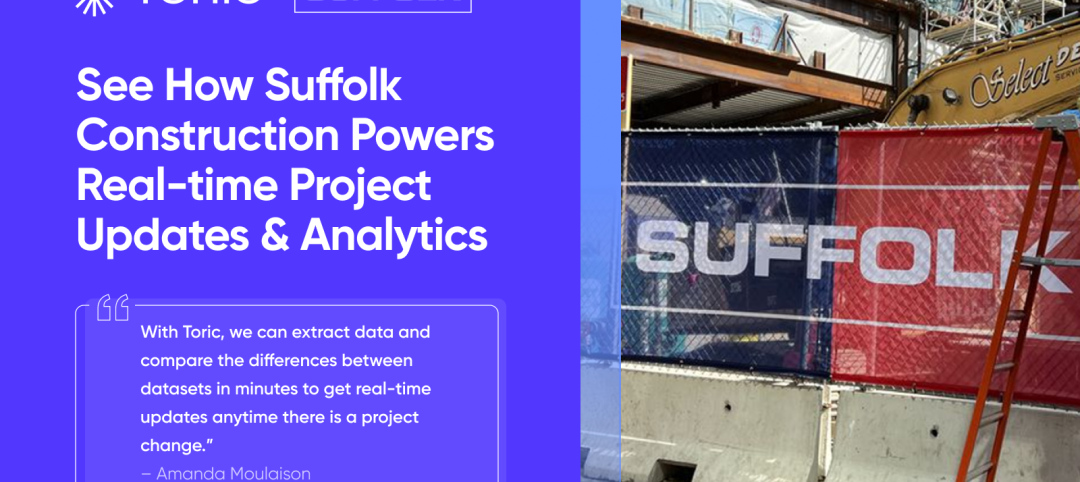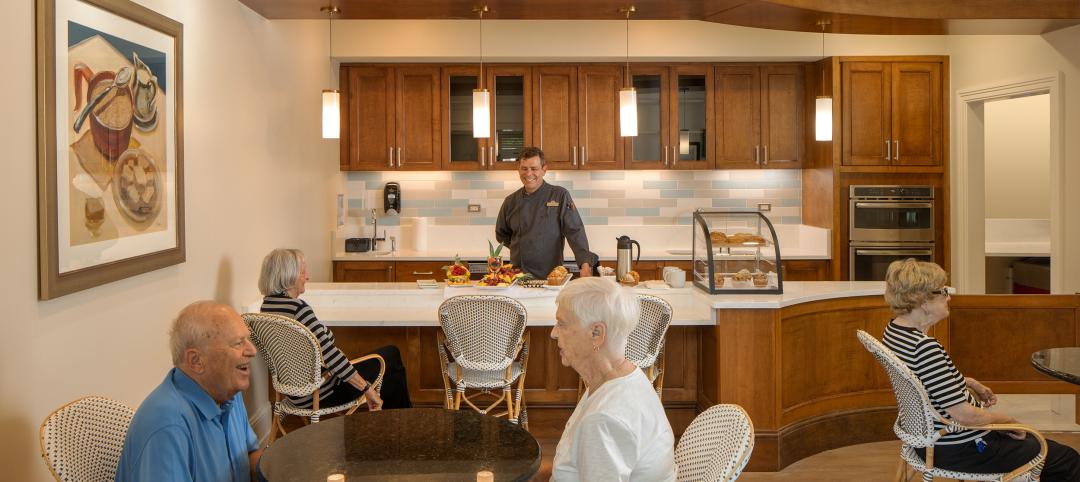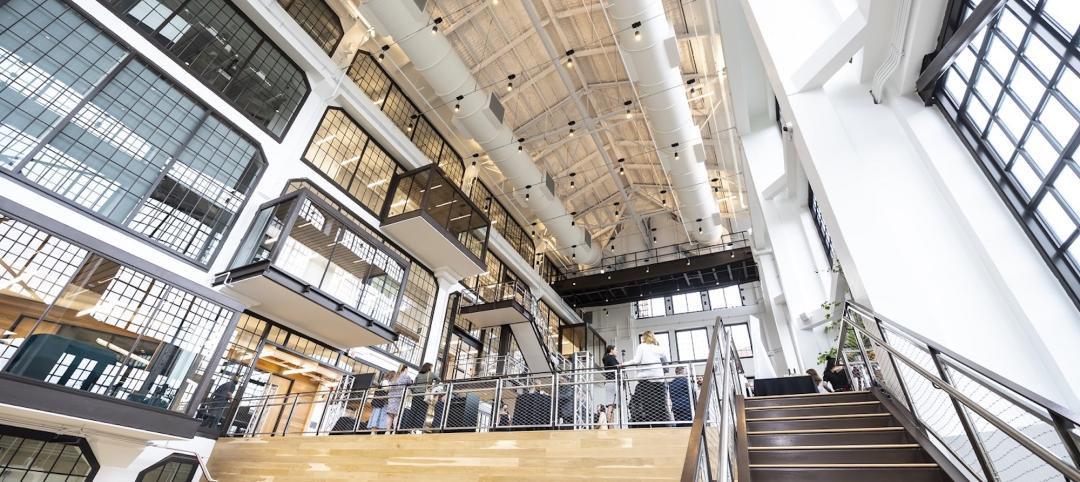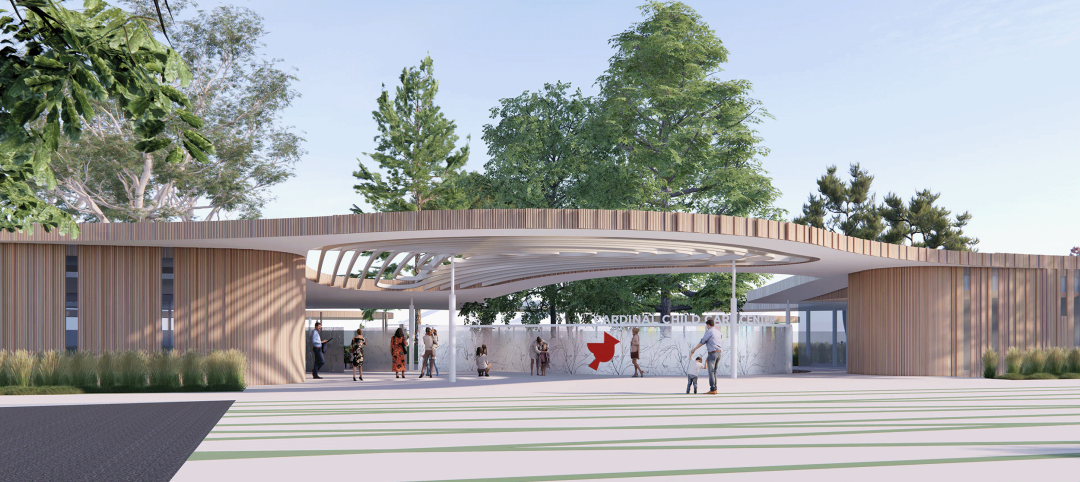America’s crumbling infrastructure might finally be getting the attention and funding it needs. But how best to rebuild that infrastructure, and who will pay for it, are shaping up to be contentious debates among the country’s two political parties and its newly elected president, who has identified infrastructure building as one of his administration’s priorities, and has singled out 50 projects that could receive immediate funding boosts.
President Trump’s team has provided the National Governors Association with a list of 50 “Emergency & National Security” infrastructure projects across the country that are in various stages of engineering, permitting and funding. The document, which the Kansas City Star and other news outlets have obtained and published, estimates that at least half of the $137.5 billion in total investment for those projects would be paid for by private investors. The document estimates that the projects would create 193,350 direct jobs and 241,700 indirect jobs over an indeterminate period of years.
Not surprisingly, Trump favors projects that are upgrading or rebuilding roads, bridges, rail- and waterways, and hydro plants. (At least six projects identified in the document are upgrades of existing systems of locks and dams.) A number of projects, such as the M1-Rail in Detroit and the Second Avenue Subway in New York, are already pretty far along in their engineering, permitting, and financing.
Energy projects are prioritized, too, such as $5 billion for the Chokecherry and Sierra Madre wind farm in Wyoming, and between $4.5 billion and $5 billion for the Atlantic Coast Pipeline that serves multiple utilities in Virginia and North Carolina.
A number of nonresidential construction and reconstruction projects are on the list, including the modernization of Union Station in Washington D.C., an $8.7 billion public-private project that, according to the document, would serve as a model for other multimodal terminals around the country. (The Chicago Union Station Redevelopment would get $1 billion, according to the document.)
Another $972 million would be allocated for a new centralized terminal replacing Terminal A at Kansas City Airport, for which Southwest and other airlines have already committed nearly $1 billion. One billion dollars would go toward expanding Seattle’s Airport. And $1.8 billion would support the St. Louis Airport Commission’s recent approval of a major development project at Lambert-St. Louis International Airport.
This document became public as President Trump, through executive orders, was moving to restart the construction of the Keystone XL Pipeline and the Dakota Access Pipeline, which President Obama halted over environmental concerns.
Another executive order directs federal resources toward building a massive wall along the 1,954-mile U.S.-Mexico border. The Government Accountability Office estimates that a single-layer fence would cost $6.5 million per mile, plus another $4.2 million per mile for supporting roads and fencing. CNN, quoting estimates by civil engineers and architects, reports that a wall made from precast cement panels and reinforced steel supports (not unlike the sound barriers along highways), 20 feet high and five feet below ground, could cost $10 billion and take most of Trump’s first term to complete.
Trump has insisted, both on the campaign trail and in office, that Mexico would pay for this wall. The New York Times this morning reports that Team Trump is considering plans that would divert foreign aid to Mexico toward paying for the wall construction.
Trump contends that the infrastructure spending proposed in the document released to the governors association, which would be primarily in the form of tax credits to investors, would “unlock” $1 trillion in private-sector spending.
Indeed, who pays, and which infrastructure projects get precedence, will be hot topics going forward. The Democrats have unveiled a $1 trillion proposal that relies heavily on new government spending, and is projected to create 15 million jobs over 10 years. Reuters reports that the Senate Democrats’ plan includes $210 billion to rebuild roads and bridges, $110 billion for water and sewage projects, $180 billion for rail and bus systems, and $75 billion to rebuild schools.
That plan has already been rejected by Senate Majority Leader Mitch McConnell, who led the opposition against President Obama’s 2009 economic stimulus legislation that included funding for infrastructure rebuilding. House Speaker Paul Ryan (R-Wis.) is on record saying that any infrastructure plan should have $40 of private-sector spending for every $1 of public spending.
On the other hand, Sen. Chuck Schumer (D-NY), the Senate Democratic leader, has stated that his party can’t accept the tax-credit scheme that Trump has proposed for infrastructure rebuilding, which he characterized as “tax credits for developers.”
Related Stories
Healthcare Facilities | Mar 26, 2023
UC Davis Health opens new eye institute building for eye care, research, and training
UC Davis Health recently marked the opening of the new Ernest E. Tschannen Eye Institute Building and the expansion of the Ambulatory Care Center (ACC). Located in Sacramento, Calif., the Eye Center provides eye care, vision research, and training for specialists and investigators. With the new building, the Eye Center’s vision scientists can increase capacity for clinical trials by 50%.
Healthcare Facilities | Mar 25, 2023
California medical center breaks ground on behavioral health facility for both adults and children
In San Jose, Calif., Santa Clara Valley Medical Center (SCVMC) has broken ground on a new behavioral health facility: the Child, Adolescent, and Adult Behavioral Health Services Center. Designed by HGA, the center will bring together under one roof Santa Clara County’s behavioral health offerings, including Emergency Psychiatric Services and Urgent Care.
Government Buildings | Mar 24, 2023
19 federal buildings named GSA Design Awards winners
After a six-year hiatus, the U.S. General Services Administration late last year resumed its esteemed GSA Design Awards program. In all, 19 federal building projects nationwide were honored with 2022 GSA Design Awards, eight with Honor Awards and 11 with Citations.
Transportation & Parking Facilities | Mar 23, 2023
Amsterdam debuts underwater bicycle parking facility that can accommodate over 4,000 bikes
In February, Amsterdam saw the opening of a new underwater bicycle parking facility. Located in the heart of the city—next to Amsterdam Central Station and under the river IJ (Amsterdam’s waterfront)—the facility, dubbed IJboulevard, has parking spots for over 4,000 bicycles, freeing up space on the street.
Affordable Housing | Feb 15, 2023
2023 affordable housing roundup: 20+ multifamily projects
In our latest call for entries, Building Design+Construction collected over 20 multifamily projects with a focus on affordable housing. Here is a comprehensive list of all projects in alphabetical order.
Sponsored | Projects | Feb 6, 2023
How Suffolk Construction leverages Procore data in real-time with Toric
Read how Suffolk Construction enables project stakeholders to make better-informed project decisions faster by feeding data from sources like Procore and Oracle P6 as actionable insights.
Augmented Reality | Jan 27, 2023
Enhancing our M.O.O.D. through augmented reality therapy rooms
Perkins Eastman’s M.O.O.D. Space aims to make mental healthcare more accessible—and mental health more achievable.
Senior Living Design | Jan 10, 2023
8 senior living communities that provide residents with memory care
Here are eight senior living communities that offer their residents memory care, an important service for residents who need this specialized care.
Adaptive Reuse | Dec 21, 2022
University of Pittsburgh reinvents century-old Model-T building as a life sciences research facility
After opening earlier this year, The Assembly recently achieved LEED Gold certification, aligning with the school’s and community’s larger sustainability efforts.
K-12 Schools | Dec 20, 2022
Designing an inspiring, net zero early childhood learning center
LPA's design for a new learning center in San Bernardino provides a model for a facility that prepares children for learning and supports the community.


